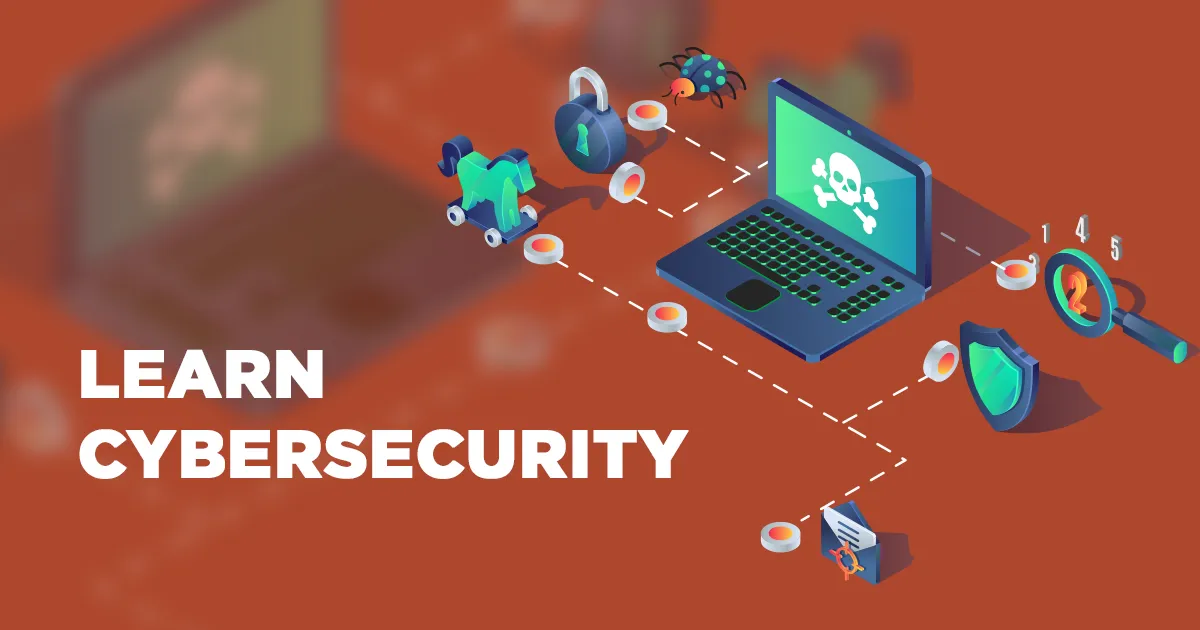

In today’s digital age, cybersecurity has become an increasingly important aspect of our lives. As we continue to rely more heavily on technology for work, communication, and entertainment, the need for robust security measures has never been greater. Let’s explore this topic in more detail with Papa’s Freezeria below. Just as managing a virtual ice cream shop requires attention to detail and strategic thinking, mastering the basics of cybersecurity demands similar skills to protect our digital assets and personal information.
As technology continues to advance at a rapid pace, the world becomes increasingly interconnected. From smart homes to autonomous vehicles, our daily lives are becoming more intertwined with digital systems. This interconnectedness brings with it numerous benefits, but it also exposes us to new and evolving threats in the digital realm. Cybercriminals are constantly developing sophisticated methods to exploit vulnerabilities in our digital infrastructure, making it crucial for everyone to have a basic understanding of cybersecurity principles.
The rise of artificial intelligence (AI) and machine learning has further amplified the importance of cybersecurity. While these technologies offer immense potential for innovation and progress, they also present new challenges in terms of data protection and privacy. As AI systems become more prevalent in our lives, understanding how to secure them and protect our personal information becomes paramount.
Moreover, the advent of 5G technology is set to revolutionize connectivity and enable a new era of Internet of Things (IoT) devices. While this promises exciting possibilities for smart cities and enhanced communication, it also expands the attack surface for cybercriminals. The sheer volume of data transmitted across 5G networks will require robust security measures to prevent unauthorized access and data breaches.
Read more: Top Certifications to Boost Your Tech Career
To navigate the digital landscape safely, it’s essential to grasp some fundamental cybersecurity concepts. These basics form the foundation of good digital hygiene and can significantly reduce the risk of falling victim to cyberattacks.
One of the most critical aspects of cybersecurity is creating and managing strong passwords. Weak passwords are like leaving the front door of your house unlocked – they provide an easy entry point for cybercriminals. A strong password should be unique, complex, and at least 12 characters long, combining uppercase and lowercase letters, numbers, and special characters.
Additionally, using a password manager can help you create and store unique passwords for each of your online accounts. This practice prevents the domino effect that can occur when a single password is compromised, potentially exposing multiple accounts.
Two-factor authentication adds an extra layer of security to your accounts by requiring a second form of verification in addition to your password. This could be a code sent to your phone, a biometric scan, or a physical security key. Implementing 2FA can significantly reduce the risk of unauthorized access, even if your password is compromised.
Phishing remains one of the most common and effective methods used by cybercriminals to gain access to sensitive information. Learning to identify and avoid phishing attempts is crucial for maintaining your digital security. Be wary of unsolicited emails, especially those requesting personal information or containing suspicious attachments. Always verify the sender’s identity and avoid clicking on links from unknown sources.
Now that we’ve covered some fundamental concepts, let’s explore practical steps you can take to enhance your personal cybersecurity. These measures can be implemented by anyone, regardless of their technical expertise.
Regular software updates often include security patches that address newly discovered vulnerabilities. By keeping your operating system, applications, and antivirus software up to date, you significantly reduce the risk of falling victim to known exploits. Enable automatic updates whenever possible to ensure you’re always protected against the latest threats.
A VPN encrypts your internet connection, making it much more difficult for hackers to intercept your data. This is particularly important when using public Wi-Fi networks, which are often unsecured and vulnerable to attacks. A VPN can also help protect your privacy by masking your IP address and location.
Securing your home network is crucial in preventing unauthorized access to your devices and data. Start by changing the default password on your router and enabling its built-in firewall. Consider setting up a guest network for visitors to keep your main network secure. Additionally, disable remote management features unless absolutely necessary.
Developing safe browsing habits can go a long way in protecting you from online threats. Always verify that websites you visit use HTTPS encryption, especially when entering sensitive information. Be cautious when downloading files or software, and only do so from trusted sources. Consider using browser extensions that block malicious content and enhance your privacy.
As technology continues to permeate every aspect of our lives, cybersecurity skills are becoming increasingly valuable in the job market. Understanding the basics of cybersecurity can give you a competitive edge in your career, regardless of your field.
For those in technology-related fields, a strong foundation in cybersecurity is essential. Software developers, for instance, need to understand secure coding practices to create applications that are resistant to attacks. IT professionals must be well-versed in network security and threat detection to protect their organizations’ digital assets.
Even in non-technical roles, cybersecurity awareness is becoming a valuable skill. Human resources professionals need to understand data protection regulations to ensure compliance. Marketing teams must be aware of the risks associated with collecting and storing customer data. Finance professionals require knowledge of secure transaction protocols and fraud prevention measures.
As businesses continue to digitize their operations, employees at all levels are expected to have a basic understanding of cybersecurity best practices. This knowledge not only protects the individual but also contributes to the overall security posture of the organization.
As we look to the future, several emerging trends and challenges in the field of cybersecurity are worth considering. Understanding these developments can help us better prepare for the evolving digital landscape.
Artificial intelligence and machine learning are increasingly being employed in cybersecurity solutions. These technologies can analyze vast amounts of data to detect patterns and anomalies, potentially identifying threats before they cause damage. However, cybercriminals are also leveraging AI to create more sophisticated attacks, leading to an ongoing arms race in the cybersecurity world.
The development of quantum computers poses both opportunities and challenges for cybersecurity. While quantum computing has the potential to revolutionize encryption methods, it also threatens to render many current encryption techniques obsolete. This has led to increased research in quantum-resistant cryptography to ensure the security of sensitive data in the post-quantum era.
Read more: How to Start a Career in Tech with No Degree
As more aspects of our lives become digitized, concerns about privacy and data protection continue to grow. Regulations like the General Data Protection Regulation (GDPR) in Europe and the California Consumer Privacy Act (CCPA) in the United States are setting new standards for how organizations handle personal data. Understanding these regulations and implementing appropriate security measures will be crucial for businesses and individuals alike.
The Internet of Things (IoT) presents unique cybersecurity challenges as more devices become connected to the internet. From smart home appliances to industrial sensors, these devices often lack robust security features, making them vulnerable to attacks. Securing the IoT ecosystem will require a concerted effort from device manufacturers, software developers, and end-users.
In conclusion, the importance of learning the basics of cybersecurity cannot be overstated. As our world becomes increasingly digital, the need for individuals to take an active role in protecting their online presence grows exponentially. By understanding fundamental concepts such as password security, recognizing phishing attempts, and implementing basic security measures, we can significantly reduce our vulnerability to cyber threats.